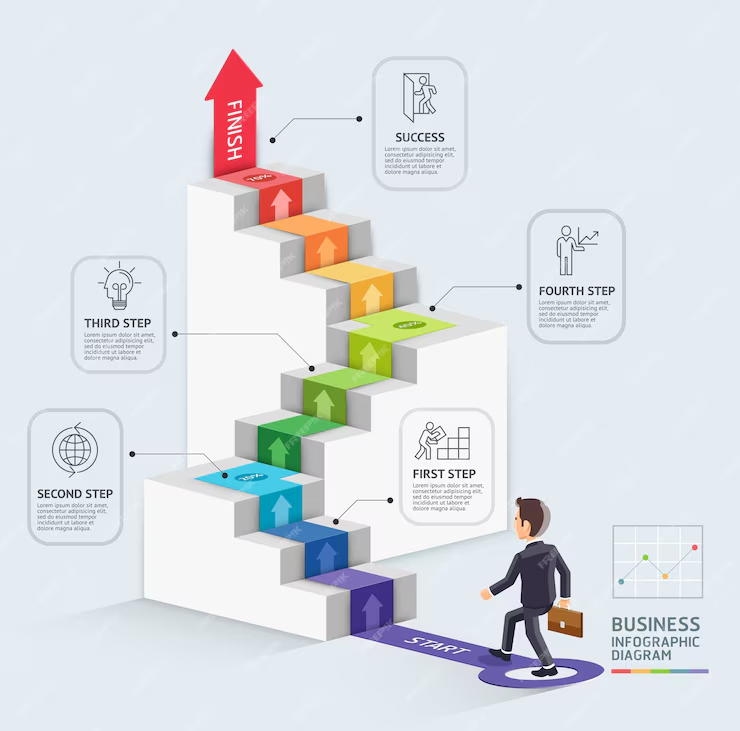When Should You Consider Loan Settlement? A Financial Expert’s Take
Loan settlement is often seen as a last resort for borrowers struggling with debt. But is it the right choice for you? Understanding when to opt for loan settlement can help you make a well-informed financial decision while minimizing negative consequences.
In this blog, we will explore when you should consider loan settlement and the factors you need to keep in mind before making this choice.
What is Loan Settlement?
Loan settlement is an agreement between a borrower and a lender where the borrower pays a reduced amount to close the loan. This is often done when the borrower is unable to repay the full outstanding amount due to financial hardship.
Example: If you owe ₹5,00,000 but cannot repay the entire amount, the bank may agree to settle for ₹3,00,000 as a one-time payment. However, the loan will be marked as “Settled” instead of “Closed”, which can affect your credit score.
When Should You Consider Loan Settlement?
✅ You Are Facing Severe Financial Hardship
If you have lost your job, faced a medical emergency, or are dealing with a business loss, loan settlement may be a way to reduce your financial burden.
✅ You Have Explored All Other Options
Before choosing loan settlement, you should explore options like:
- Loan restructuring – Banks may offer lower EMIs or extended tenure.
- Debt consolidation – Taking a lower-interest loan to pay off multiple debts.
- Partial payments – Negotiating with the lender for a temporary payment plan.
✅ You Are Facing Legal Action from the Bank
If your lender is threatening legal action due to prolonged non-payment, a One-Time Settlement (OTS) can help resolve the issue and prevent further consequences.
✅ Your Loan is in the NPA (Non-Performing Asset) Category
If your loan has been classified as an NPA (overdue for 90+ days), banks may be willing to offer a settlement to recover part of the outstanding amount.
✅ Your Credit Score is Already Affected
Loan settlement negatively impacts your CIBIL score, but if your credit score is already low due to multiple missed payments, settlement may be a practical option.
How to Approach Loan Settlement
1️⃣ Analyze Your Financial Situation – Calculate how much you can afford to pay as a lump sum settlement. 2️⃣ Contact the Bank – Request a settlement offer and explain your financial distress. 3️⃣ Negotiate for the Best Terms – Try to reduce the settlement amount as much as possible. 4️⃣ Get a Written Agreement – Ensure the terms are clearly mentioned before making the payment. 5️⃣ Obtain a No Objection Certificate (NOC) – This confirms that the loan has been settled. 6️⃣ Rebuild Your Credit Score – Start making timely payments on other debts to improve your financial profile.
Pros and Cons of Loan Settlement
✔ Pros:
- Reduces overall debt burden.
- Stops legal action and recovery agent harassment.
- Helps in financial recovery.
❌ Cons:
- Negatively impacts credit score.
- Future loan approvals may become difficult.
- Not all banks accept settlements easily.
Final Thoughts: Is Loan Settlement Right for You?
Loan settlement can be a relief in extreme financial distress, but it should be considered only after evaluating other alternatives. If you are unsure, consulting a financial expert can help you make the best decision.
Need Expert Assistance for Loan Settlement?
At Settle Loan, we negotiate with banks to get the best possible settlement for you while protecting your financial future.
📞 Call Now: 1800 309 1902
📧 Email Us: info@settleloan.in



